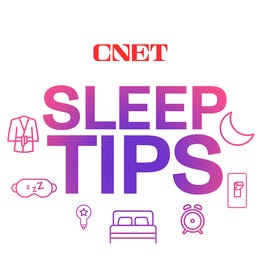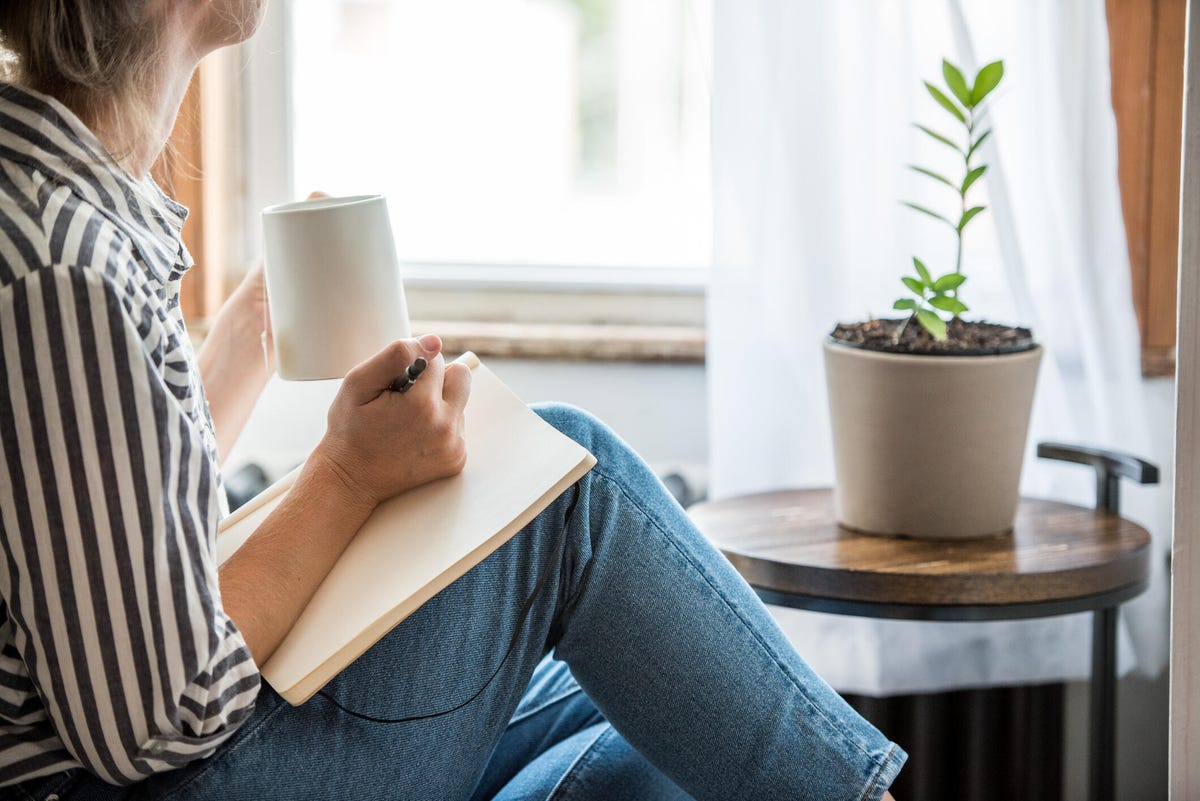How to Curb the Sunday Scaries for Better Sleep
Too often it seems like the weekend will end in the blink of an eye. And before you know it, you’ll be face to face with the start of your week. Monday often marks the start of a 5-day work or school term, accompanied by a long list of different commitments. You may feel a growing sense of unease on your last day off with the tasks ahead of you for the week ahead.
There is actually a name for this phenomenon – the Sunday scare. According to a survey by Linkedin, 80% of 30,000 participants said they had this feeling before the start of the week. The Sunday scare can even manifest itself in physical symptoms such as headaches and stomach aches, increased heart rate, sweating and poor sleep.
Sleep plays an important role in preparing you physically and mentally for a successful day. A full night’s sleep has the power to improve your mood, improve decision making, maintain knowledge retention, promote a busy immune system, and reduce stress and anxiety.
Stress and anxiety are major sleep inhibitors, and you may not be able to get a good night’s sleep on a Sunday night after crawling under the covers.
Here’s how a few small steps can help ease feelings of Sunday creep and give you the full night’s sleep you deserve. For more help with nighttime stress relief, check out how to combat bedtime anxiety and create the perfect sleep playlist.
See more: Best Mattress of 2022
Start a diary

Before you go to bed, try organizing your thoughts and priorities in a journal. Daily journaling can help you relieve stress, relax, and understand the tasks or responsibilities that you have to take care of. It’s a way to express your feelings and manage your anxiety before you lie down with your pre-bedtime thoughts.
Practice yoga or meditation before bed
Practicing mindfulness through yoga or meditation can help center your thoughts, promote relaxation, and give you the ability to effectively manage your feelings of anxiety.
Yoga before bed can help reduce your feelings of stress while also increasing melatonin levels to promote better sleep. Even deep breathing alone is a useful tool to promote calm, as it can alter blood pressure and decrease the production of stress hormones. By relieving your fears, you allow your mind to relax and come down to sleep.
Get moving during the day
Physical activity increases endorphins and neurotransmitters, which promote happiness and can help reduce pain. This mood boost, in turn, helps fight feelings of stress, anxiety, and Sunday morning creeps so you can sleep better at night.
See more: Best mattress for hot sleepers
Try these natural remedies to relieve stress

Drinking tea can help reduce stress and promote better sleep.
Getty Images/MundusImages/Royalty-free
Rather than relying on melatonin, ZZZquil, or other sleeping pills, there are many natural remedies you can use to relieve anxiety and promote sleepiness.
- Herbal tea (magnolia, chamomile, valerian root)
- Aromatherapy with essential oils such as lavender, chamomile and jasmine
- CBD oil, creams or gummies
- Eat nutritious foods like oats, whole grains, leafy greens, nuts, and free-range eggs
Remember, it’s okay to say no
Prioritize your most important tasks and put others on the back burner that don’t require as much focus. Don’t feel obligated to take on too many responsibilities if you can’t get everything on your plate. We often feel overwhelmed or anxious before starting a week when it is filled to the brim with tasks that we need to get done.
Decline additional requests if they are not a high priority and you feel this is overwhelming your capacity. Taking control of your workload can help ease the stress of a demanding schedule.
Make Monday a day to look forward to
Instead of dreading Monday, make it a day to look forward to. Plan a fun meet-up with a colleague or friend at a local hotspot. If you prefer to roll alone, you can treat yourself to a nice dinner or sweet treat after your commitments.
If you’re struggling to sleep and are looking for more help, learn why turning off your alarm clock can help you sleep better, and learn four top exercises to do before bed.
The information contained in this article is for educational and informational purposes only and is not intended as health or medical advice. Always consult a physician or other qualified healthcare provider with any questions about a medical condition or health goals.